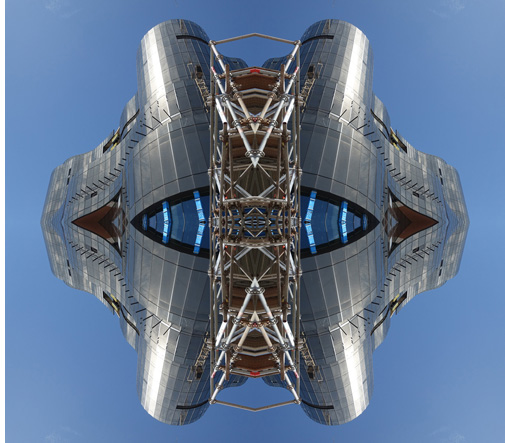Innovations

At WEA we discussed what were the most significant innovations in human history. In my view, the foremost were language, agriculture, antibiotics and electricity. Without language civilisation of any kind would not be possible, so that language is the most important of all. More than anything else, language separates us from the rest of the animal kingdom. It is unknown when language first appeared, perhaps a hundred thousand years ago. Without the benefit of agriculture we would still be hunters and gatherers, lacking houses, technology and cities. Without electricity and related technologies the world would not resemble the one we know.
I have divided innovations into three epochs.
Prehistory
The most basic innovations were: language, agriculture, tools (including weapons), the wheel, the domestication of animals, fire, clothes and weaving. Other important ones were ceramics, boats, trade, coinage, mining, houses, metal, roads, plumbing. Not to mention art and music. Also of great importance are religion, social organisation and its almost permanent historical consequence - war. It is hard to judge which are the most important from this list, though the stand-outs are language, agriculture, tools, the domestication of animals, the wheel and fire.
Pre-modern history (from 3000 BC to 1700 AD)
The principal innovations of this period were writing, paper, printing, cities, glass, democracy, medicine, the use of oil and coal, and mathematics. In my opinion, the most important were writing, paper and cities.
Modern times (after 1700 AD)
The main innovations of modern times are the scientific method, the Industrial Revolution, the Enlightenment, antibiotics and electricity. The most important inventions were motors, the radio, the telephone, the car, the airplane, antibiotics, photography, nuclear energy, the computer, the internet, and obviously, Twitter. Of these, the most important are perhaps antibiotics, electricity, motors and the computer. Our time is characterised by global inter-connectedness, advanced technology and the affluence it has brought about.
NB Many more innovations could be added to the above list, such as electricity generation, fertilisers and TV.